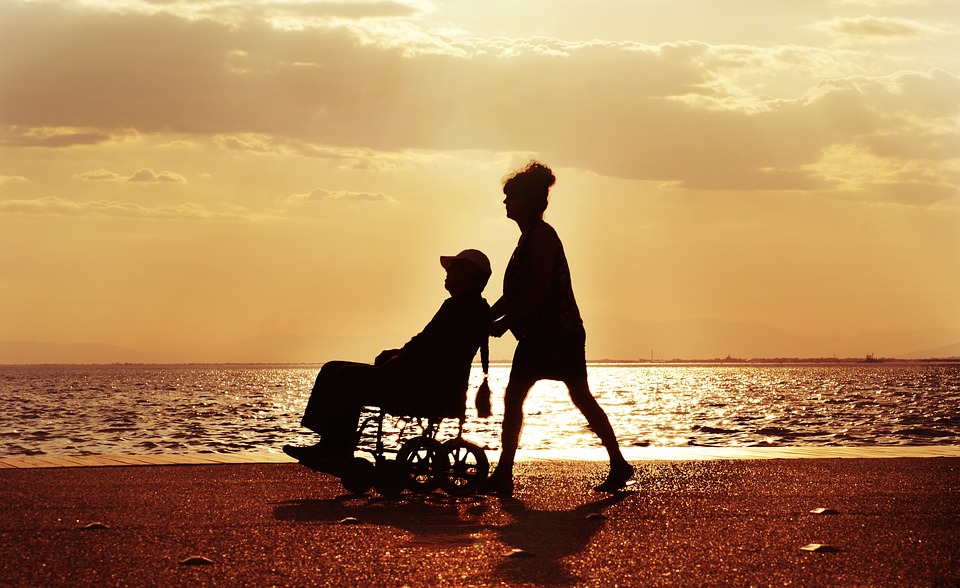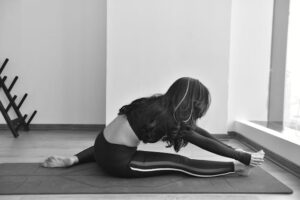
A person who struggles with mobility may not need to move into an assisted living facility if you make a few simple changes to their home and offer a bit of assistance with their everyday needs. Beyond a disabled person’s medical care, note a few things you might do to make it easier for them to remain independent and to safely stay in their own home.
Create Easier Steps
If the person you are helping is not in a wheelchair, they may not need ramps to help them upstairs, but may still need some assistance in making even one or two steps safer for them. If the home has a staircase to an upper floor, consider adding a chair lift, which is a seat that is attached to a track that runs up the staircase. If the home just has one or two steps in certain areas, such as for a sunken living room, you might increase the depth or width of that step, and even add an extra step, so the disabled person doesn’t need to step up quite so far. A sturdy handrail can also assist in keeping them balanced and steady. If your loved one has trouble maintaining your balance, consider finding a home care service that can assist them when you are away. A reputable professional will be able to help identify how they can help your loved one.
Improve Reach and Seating
People who are disabled may have limited reach, and may also tire easily. This can make food prep a challenge, so consider removing a lower cabinet in the kitchen and putting a chair or barstool under that area. This will then allow them to sit while cooking. Add slide-out shelves in the cabinets, or shelves that actually pull out and then lower on hinged arms so they don’t need to reach so far to access items.
The same can be done in the shower; add a shower seat in the tub, and ensure that shelves for shampoo and other items are in easy reach, even if you need to bump out a wall and add new shelving in the bath area. Add slide-out shelves in the linen closet and medicine cabinet as well.
Ensuring easy access and comfortable seating in various areas of the home not only enhances convenience but also significantly decreases the risk of accidents. A slip and fall lawyer can vouch for the importance of these modifications, as many injuries occur due to inaccessible or improperly arranged spaces. By making these thoughtful adjustments, the home becomes safer for everyone.
Outsource Laundry Duties
A disabled person may struggle with doing laundry, as they may not be able to bend over to pick up items that need to be washed, or to remove items from inside the washing machine. Wet clothes can also be very heavy, and moving these pieces from the washer to a dryer might risk causing someone to slip and fall. To keep the disabled person from injuring themselves, have their laundry sent out to a cleaning service.
Taking the time to understand our loved one’s needs will allow you to determine what kind of assistance they may require. Hiring a professional to help them might be your best option if their needs are beyond your help. Getting the right help will ensure that your loved one is safe and comfortable.


